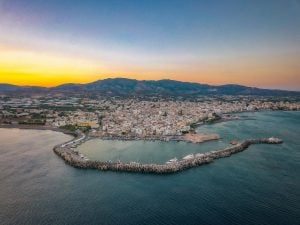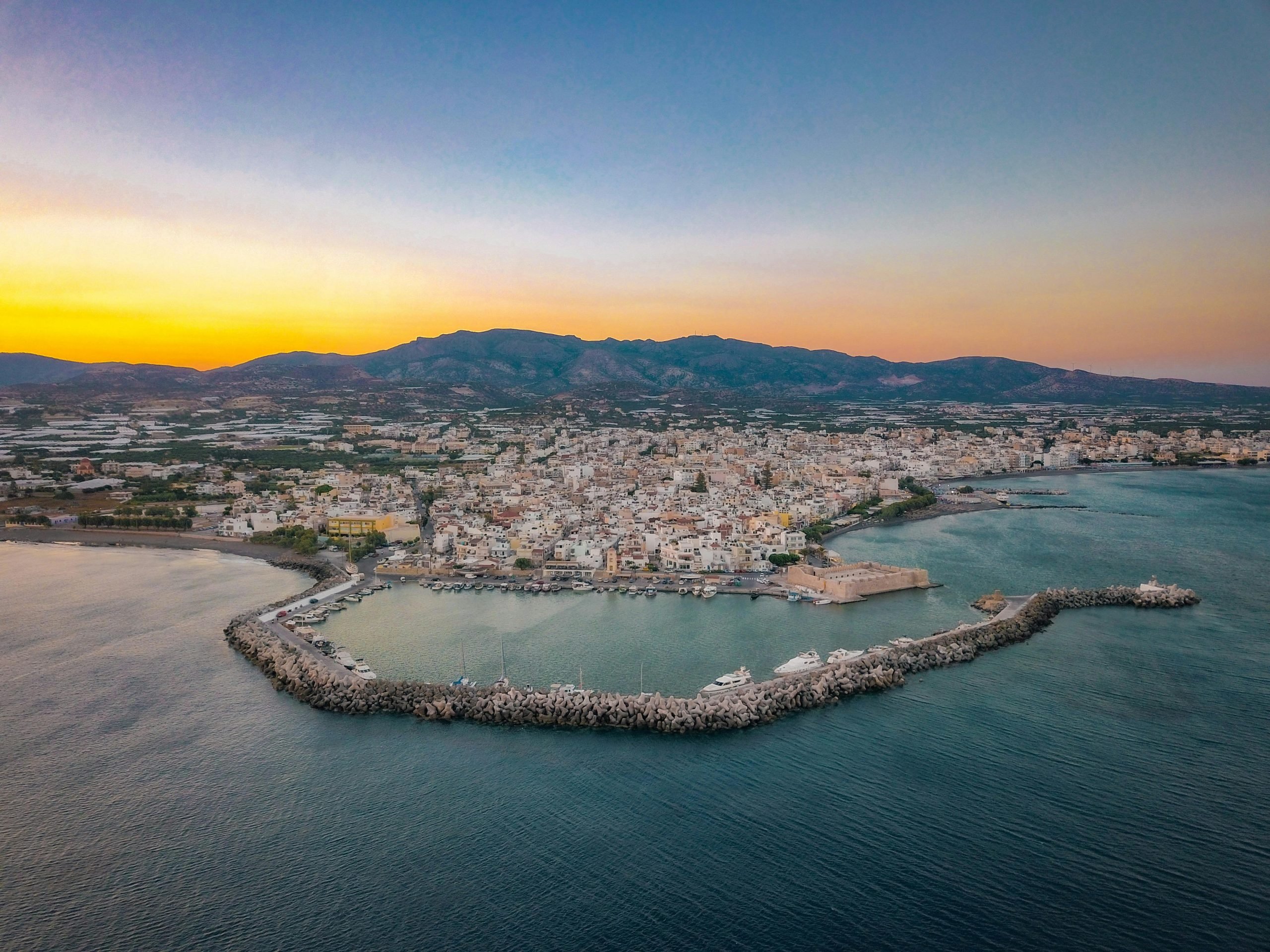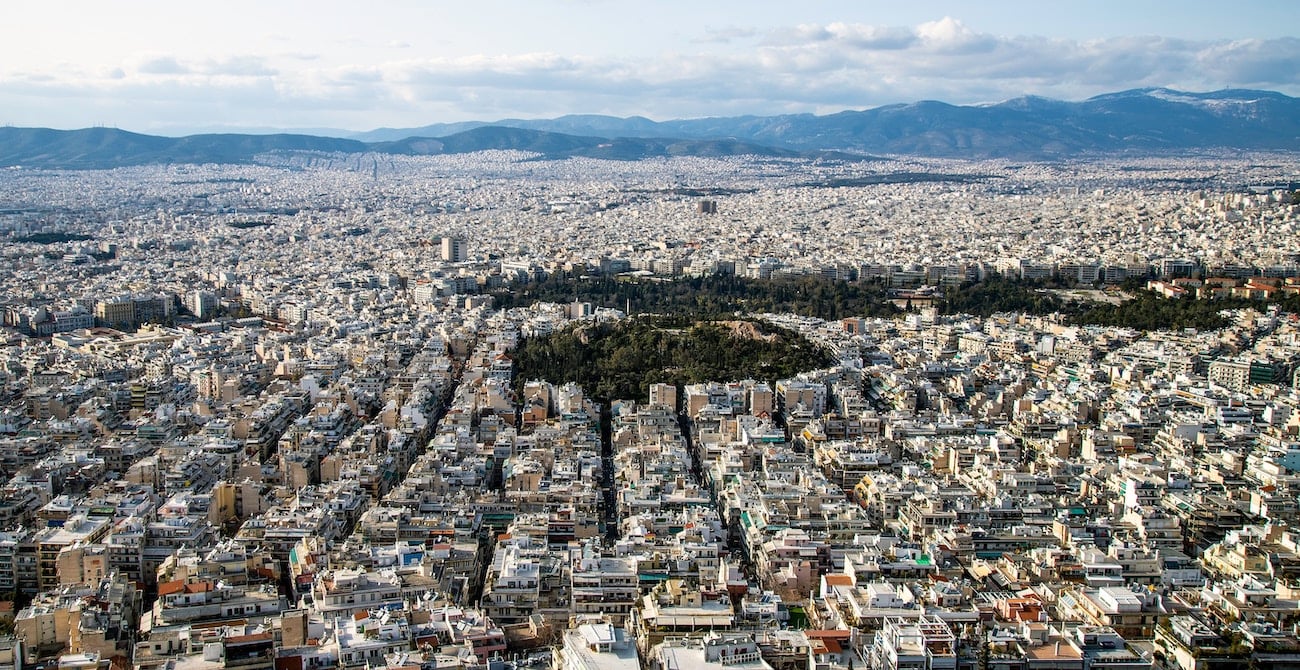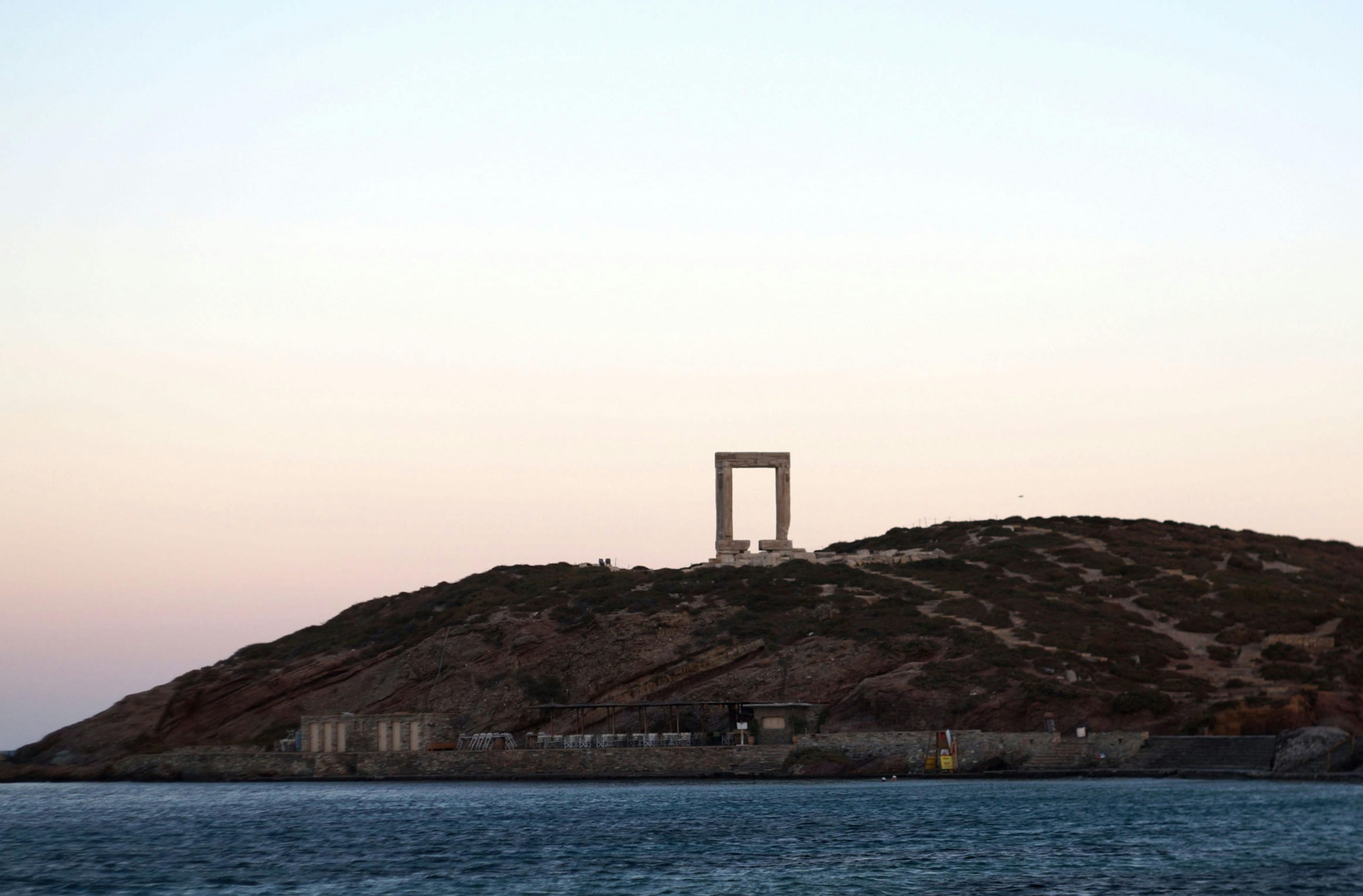Oui, l'eau du robinet dans le Péloponnèse est généralement potable. La région respecte les normes strictes de l'Union européenne en matière de qualité de l'eau, et les réserves d'eau municipales sont régulièrement testées et traitées pour répondre aux exigences de sécurité. Toutefois, la qualité de l'eau peut varier d'une zone à l'autre et certains visiteurs préféreront l'eau en bouteille ou les systèmes de filtration pour des raisons de goût ou d'estomac sensible.
Comprendre la qualité de l'eau dans le Péloponnèse pour les acheteurs de biens immobiliers et les visiteurs
La qualité de l'eau est un élément crucial à prendre en compte lorsque l'on investit dans une propriété grecque ou que l'on prévoit des séjours prolongés dans la région. Région du Péloponnèse. La diversité géographique de la péninsule, des zones côtières aux terrains montagneux, crée des conditions d'approvisionnement en eau variées qui ont un impact direct sur la vie quotidienne.
Pour les acheteurs de biens immobiliers, la compréhension de l'infrastructure locale de l'eau permet d'éclairer les décisions d'investissement. Les réseaux d'eau municipaux, les puits privés et les variations saisonnières influencent tous la fiabilité et la qualité de l'approvisionnement en eau. Les propriétés côtières peuvent être confrontées à des défis différents de ceux des villages de montagne, tandis que les centres urbains comme Patras maintiennent généralement des normes de qualité de l'eau plus cohérentes.
Les visiteurs et les nouveaux résidents ont tout intérêt à savoir à quoi s'attendre en matière de goût, de teneur en minéraux et de normes de sécurité. Ces connaissances facilitent la planification pratique, qu'il s'agisse de choisir des systèmes de filtration appropriés ou de comprendre quand il est préférable d'utiliser de l'eau en bouteille.
L'eau du robinet est-elle potable dans le Péloponnèse ?
L'eau du robinet dans l'ensemble du Péloponnèse répond aux critères suivants Normes de sécurité de l'Union européenne et est considérée comme propre à la consommation. Les autorités grecques chargées de la gestion de l'eau procèdent régulièrement à des analyses et à des traitements afin de garantir la conformité avec les réglementations européennes strictes régissant la qualité de l'eau potable.
La salubrité de l'eau du robinet découle de processus de traitement complets qui éliminent les bactéries, les produits chimiques et les contaminants nocifs. Des systèmes modernes de filtration et de chloration fonctionnent dans les grandes agglomérations, tandis que dans les villes plus petites et les zones rurales, l'eau peut provenir de sources naturelles ou d'aquifères locaux. Ces sources sont généralement sûres mais peuvent ne pas être traitées de manière aussi cohérente que les systèmes municipaux, d'où la nécessité de procéder à des analyses ou à des filtrages occasionnels.
Cependant, la sécurité n'est pas toujours synonyme d'appétence. Certains visiteurs remarquent des différences de goût dues à une teneur en minéraux ou à des niveaux de chloration plus élevés que dans leur pays d'origine. Ces variations sont normales et ne posent aucun problème de sécurité, mais elles peuvent influencer les préférences personnelles en matière de sources d'eau potable.
Quelles sont les normes de qualité de l'eau en Grèce ?
La Grèce adhère à Normes de la directive européenne sur l'eau potableCes règlements fixent des limites strictes pour les paramètres chimiques, biologiques et physiques dans les approvisionnements publics en eau. Ces règlements exigent un contrôle régulier de plus de 50 indicateurs de qualité différents, y compris les niveaux de bactéries, les métaux lourds et les résidus chimiques.
Les installations municipales de traitement de l'eau utilisent des processus à plusieurs étapes, notamment la coagulation, la sédimentation, la filtration et la désinfection. Dans les grandes villes, les systèmes avancés peuvent inclure des étapes supplémentaires telles que la filtration sur charbon actif et l'ajustement du pH afin d'optimiser la qualité de l'eau.
Les approvisionnements municipaux sont testés régulièrement - à la source, dans le réseau de distribution et aux points finaux - conformément aux règles strictes de l'UE qui exigent des rapports publics et la transparence. Les résultats sont régulièrement communiqués aux autorités européennes et au ministère grec de la santé, ce qui garantit la transparence et le respect des normes de sécurité.
Comment la qualité de l'eau varie-t-elle d'une région à l'autre du Péloponnèse ?
Les différences de qualité de l'eau dans le Péloponnèse reflètent les caractéristiques de la région. des caractéristiques géographiques diverses et le développement des infrastructures. Les zones côtières, les communautés de montagne et les grandes villes présentent chacune des caractéristiques distinctes qui affectent l'approvisionnement local en eau.
Les grandes villes comme Patras et Kalamata disposent d'installations sophistiquées de traitement de l'eau avec un contrôle de qualité constant. Ces centres urbains offrent généralement la qualité d'eau la plus fiable, grâce à des analyses régulières et à des systèmes de distribution modernes qui garantissent que l'eau traitée atteint les consommateurs en toute sécurité.
Les villages de montagne dépendent souvent de sources naturelles, qui peuvent fournir une eau d'excellente qualité ne nécessitant qu'un traitement minimal. Toutefois, ces zones peuvent connaître des variations saisonnières ou des interruptions occasionnelles de l'approvisionnement pendant les périodes sèches.
Les régions côtières sont confrontées à des défis uniques, notamment l'intrusion potentielle d'eau salée dans les réserves d'eau souterraine et une teneur en minéraux plus élevée. Dans de rares cas, les propriétés côtières peuvent être confrontées à une eau plus dure ou à une légère salinité, en particulier si la propriété utilise un forage privé au lieu du réseau municipal.
Que doivent savoir les acquéreurs d'un bien immobilier sur les systèmes d'alimentation en eau des maisons grecques ?
Les propriétés résidentielles grecques sont généralement reliées à approvisionnement en eau des municipalités Le cas échéant, des puits privés ou des systèmes communautaires partagés peuvent être utilisés pour certaines propriétés rurales. Il est essentiel de comprendre ces dispositions lors de l'évaluation d'achats potentiels de propriétés.
La pression de l'eau peut varier considérablement d'une propriété à l'autre et d'un endroit à l'autre. Les bâtiments anciens peuvent avoir des systèmes de plomberie obsolètes qui affectent le débit et la qualité de l'eau, tandis que les nouveaux développements disposent généralement d'une infrastructure moderne avec une pression et une distribution constantes.
Les puits privés doivent respecter les directives régionales, y compris les contrôles réguliers de la qualité de l'eau et la documentation appropriée pour les permis d'utilisation et les droits de forage. Les acheteurs de biens immobiliers doivent vérifier l'état des puits, les systèmes de pompage et toute exigence légale en matière de contrôle de la qualité de l'eau.
De nombreuses habitations grecques sont équipées de réservoirs de stockage d'eau, en particulier dans les zones où l'approvisionnement est intermittent ou la pression faible. Ces systèmes nécessitent un nettoyage et un entretien réguliers afin d'éviter toute contamination et de garantir une qualité constante de l'eau.
Comment garantir la salubrité de l'eau potable dans votre propriété grecque ?
Systèmes de filtration de l'eau constituent une solution efficace pour les propriétaires désireux de s'assurer de la qualité de l'eau. Les options vont des simples filtres à charbon pour améliorer le goût de l'eau aux systèmes complets d'osmose inverse pour une purification totale.
L'eau en bouteille reste un choix populaire pour la boisson, en particulier pour les visiteurs et les nouveaux résidents qui s'adaptent aux caractéristiques de l'eau locale. De nombreux propriétaires conservent des réserves d'eau en bouteille tout en utilisant l'eau du robinet pour la cuisine, le nettoyage et d'autres besoins domestiques.
Des laboratoires accrédités dans toute la Grèce proposent des analyses d'eau pour les puits privés et les réservoirs de stockage. Il est recommandé de procéder à une analyse annuelle et à des vérifications supplémentaires après une longue période d'inoccupation ou la construction d'un bâtiment à proximité.
L'entretien adéquat des systèmes d'eau domestiques comprend le nettoyage régulier des réservoirs de stockage, le remplacement des cartouches de filtre et l'inspection des raccords de plomberie. Des mesures préventives simples permettent de préserver la qualité de l'eau et d'éviter les problèmes de contamination.
Considérations clés pour une consommation d'eau sûre dans le Péloponnèse
Le Péloponnèse offre eau potable généralement saine Les préférences individuelles et les circonstances peuvent influencer les stratégies optimales de consommation d'eau. Les acheteurs de biens immobiliers doivent évaluer l'infrastructure locale, tandis que les visiteurs peuvent utiliser en toute confiance l'eau municipale, en la filtrant si nécessaire.
Les différents groupes d'utilisateurs bénéficient d'approches personnalisées en matière de consommation d'eau. Les résidents de longue durée peuvent investir dans des systèmes de filtration complets, tandis que les propriétaires de maisons de vacances peuvent se contenter d'eau en bouteille lors de leurs visites. Les investisseurs immobiliers doivent tenir compte de la qualité de l'eau dans le cadre de leur processus de diligence raisonnable.
Comprendre les caractéristiques de l'eau locale permet de fixer des attentes appropriées et de prendre des décisions éclairées sur les options supplémentaires de traitement de l'eau. Qu'il s'agisse d'une retraite côtière ou d'une propriété de montagne, la connaissance de la situation de l'eau contribue à rendre l'expérience de la propriété grecque plus confortable et plus agréable.
Pour des conseils complets sur Péloponnèse Pour l'achat d'un bien immobilier, y compris les questions d'infrastructure telles que les systèmes d'approvisionnement en eau, des conseils professionnels vous permettent de prendre des décisions en toute connaissance de cause. N'hésitez pas à contact pour obtenir l'assistance d'un expert pour votre projet immobilier en Grèce.
Clause de non-responsabilité : Ce contenu est fourni à titre d'information uniquement et ne constitue PAS un conseil juridique ou fiscal. Pour toute question relative à des cas spécifiques, il est fortement recommandé de consulter un avocat, un comptable ou un notaire en fonction de vos besoins.


































